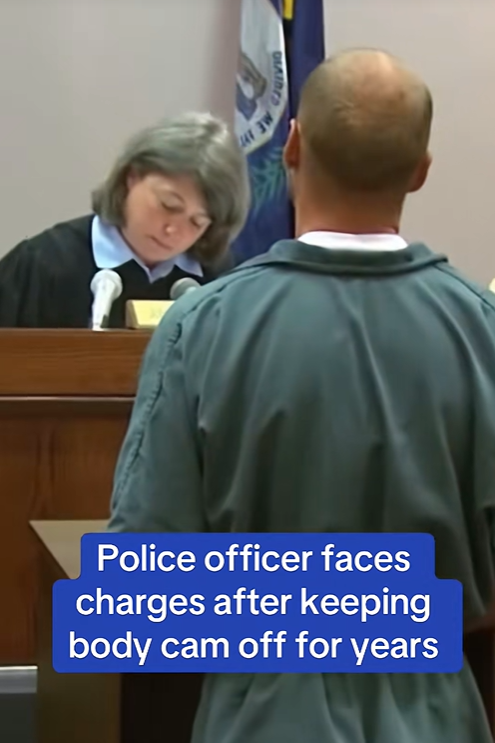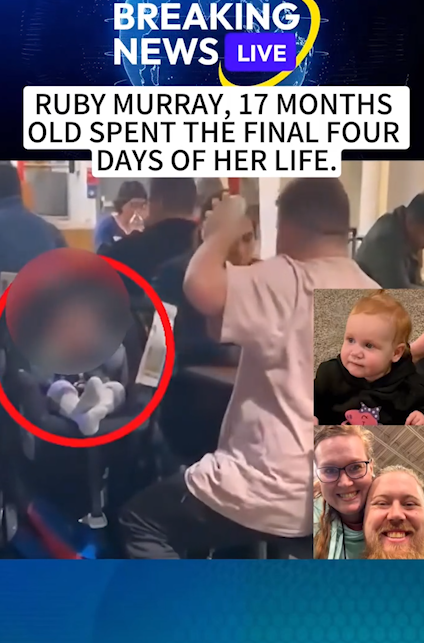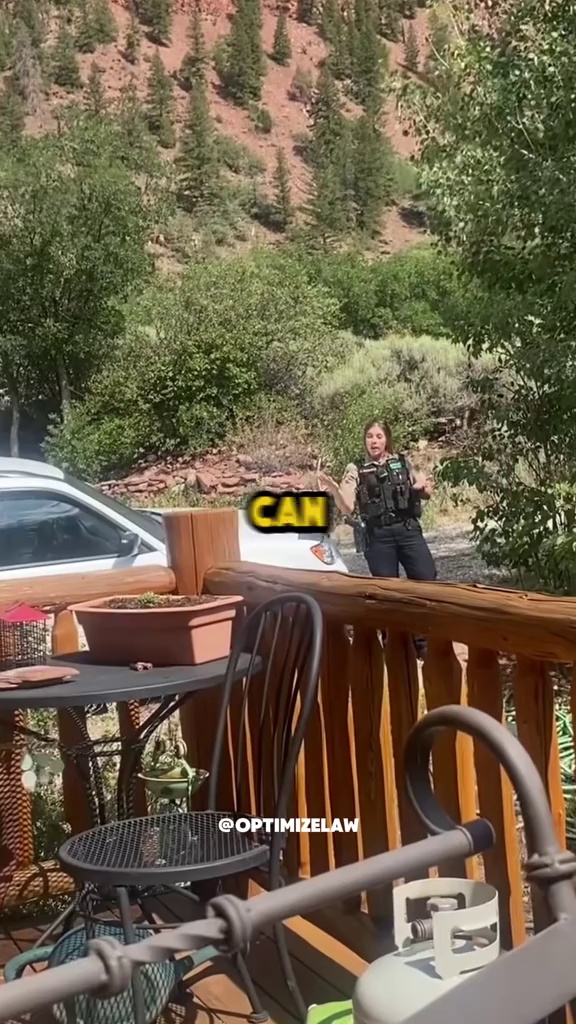For years, he showed up to work like every other officer—badge polished, uniform crisp, body camera clipped neatly to his vest. To the public, it was a symbol of accountability, a quiet promise that every encounter, every decision, every second on duty was being recorded. But behind that silent lens, investigators would later discover something shocking: the camera hadn’t captured a single moment in years. Not one frame. Not one patrol. Not one incident.
When the truth finally surfaced, it hit the department like a tidal wave. A routine audit—one of those checks no one expects to go anywhere—revealed that the officer’s body camera had been switched off for an unknown period of time, stretching back not just months, but years. In a time when transparency is demanded, where departments across the country fight to build trust with their communities, this revelation didn’t just raise eyebrows—it detonated them.
People want to believe that bodycams are a safeguard. That when tensions rise, when situations get complicated, there is an unbiased witness strapped right to the officer’s chest. But in this case, the witness had been mute. Intentionally or accidentally, the result was the same: a gaping hole in accountability.
As soon as investigators confronted the officer, the story shifted from shocking to surreal. How had this gone unnoticed for so long? How many supervisors signed off on reports without checking footage? How many cases were built on trust rather than verification? The internal questions grew louder by the hour, and the public ones—once the story leaked—became even louder than that.
The department didn’t have answers. Not good ones, at least. Instead, they found themselves scrambling through years of files, attempting to piece together what should have already existed in clear, timestamped video. Courtrooms were alerted. Defense attorneys pounced. Community leaders demanded an explanation. And through it all, that silent camera—always on his vest, always looking operational—became the symbol of a system that had not just failed, but forgotten to look.
Now the officer faces criminal charges—an unprecedented move fueled by public pressure and a growing distrust that has been simmering nationwide. It’s no longer just about a broken camera. It’s about every moment that camera didn’t record. Every interaction that now exists only in memory. Every case that may need to be re-examined.
It’s a story that feels almost unbelievable: years of silence in an age where every second is supposed to be documented. But sometimes the biggest scandals aren’t the ones caught on camera—they’re the ones that never were.



